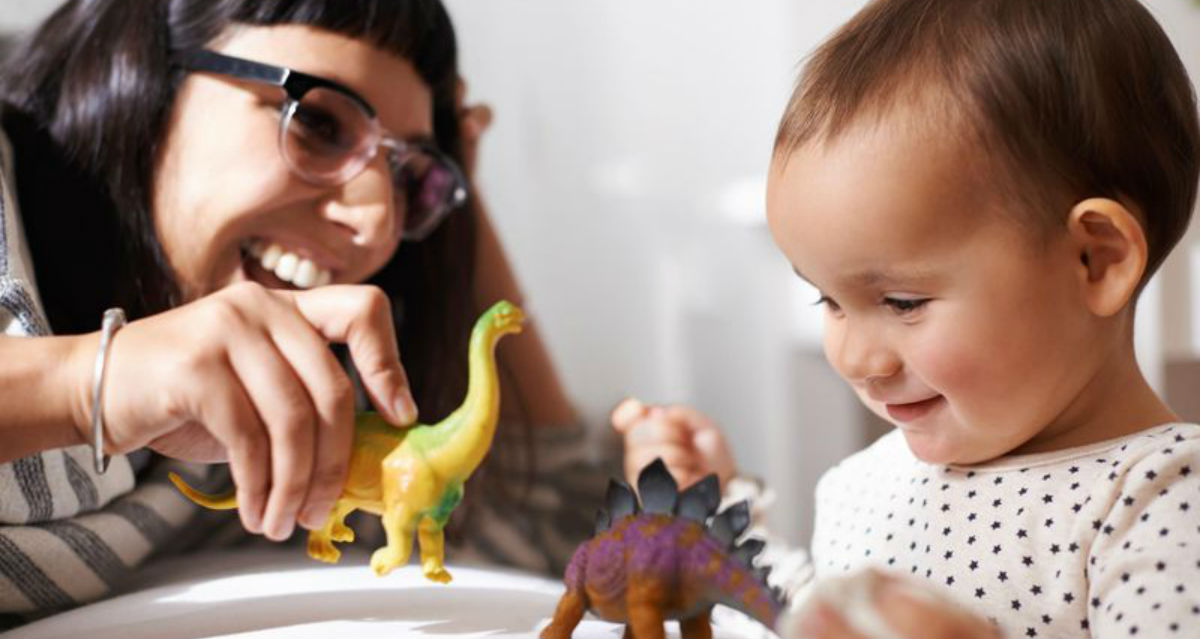
Dust-up over a child’s right to know genetic origins
Do children really need to know?
University of Ghent bioethicist Guido Pennings recently published an article in BioNews with the provocative title “Donor children do not benefit from being told about their conception”. This has kindled a heated debate from other experts in the field. From a sociological perspective, Eric Blyth and three other colleagues contend that Pennings’s comments “fall short of the academic rigour readers might have reasonably expected”.
They contend that “there is reliable evidence that the earlier donor-conceived children learn about the nature of their conception, the more favourable the outcomes both for the individual's identity formation and for family relationships. Evidence also reports that discovering one's donor conception later in life and/or in unplanned ways can result, for some, in long-term psychological distress and impair inter-familial and inter-personal relationships.”
From a bioethical point of view, Vardit Ravitsky and three other Canadian bioethicists argue that concealing genetic origins is indefensible. It “deprives donor-conceived people of the liberty to choose what meaning they assign to the genetic components of their identity and relationships, a choice experienced and taken for granted by most others in society.”
This does not necessarily mean that “all or most donor-conceived people will necessarily find their genetic origins of great importance, but rather that they are entitled to make that determination for themselves.”
Professor Ravitsky et al argue that the right to know one’s genetic origins is a human right. It is based on “people's fundamental interest in having access to information that may be crucial to their identity, relationships and health – an interest well-recognised in adoption law …
“Respect for persons is central in ethics and requires clinics and governments to make it possible for people to know the truth about their origins.”
Like our coverage of bioethics? If so, could we ask you for a favour? BioEdge takes a lot of time and hard work to produce. We do it because we think that our readers deserve to get the full picture of complex issues like surrogacy, euthanasia and stem cell research. We try to offer ideas to ponder and debate. To continue enhancing the conversation we need your support.
If every fan of BioEdge donated just $10, our future would be much more secure.
| DONATE NOW |
Creative commons
https://www.bioedge.org/images/2008images/FB_genetic_origins.jpg
donor-conceived children
sperm donation
- How long can you put off seeing the doctor because of lockdowns? - December 3, 2021
- House of Lords debates assisted suicide—again - October 28, 2021
- Spanish government tries to restrict conscientious objection - October 28, 2021
